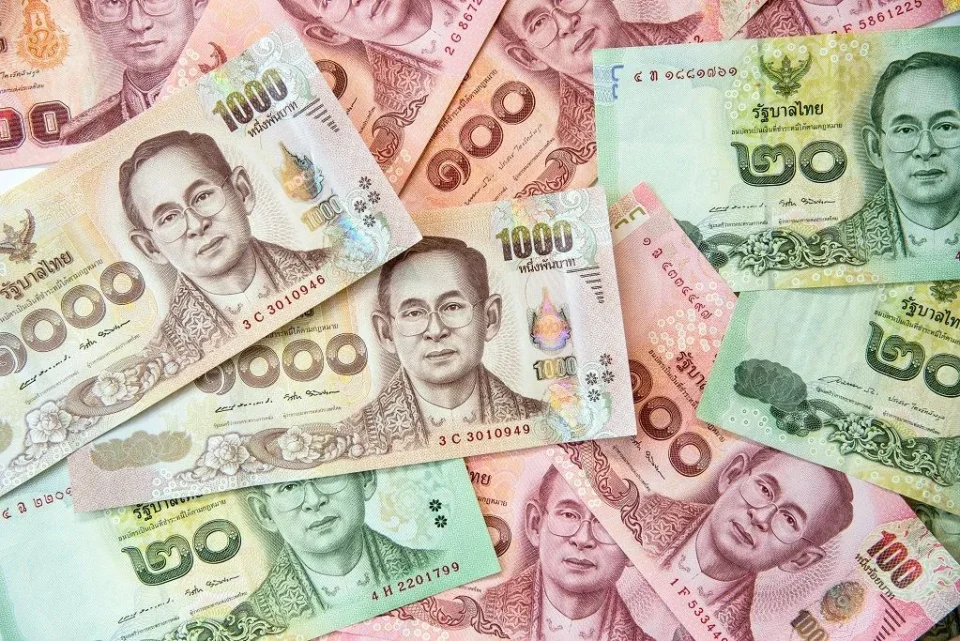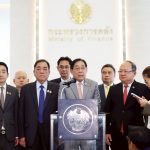A weak baht alone is insufficient to counteract the negative factors affecting Thailand’s tourism industry, as many Asian currencies are simultaneously experiencing declines following the announcement of US tariff increases, according to travel agents.
Following US President Donald Trump’s announcement of sweeping tariffs on imports from Thailand and other Asian markets, the baht dropped to a three-month low on Thursday. Although it rebounded to around 34.15 to the US dollar on Friday, forecasts suggest it will remain relatively weak in the coming months.
However, with other Asian currencies also experiencing declines, a weak baht may not significantly attract potential visitors, noted Adith Chairattananon, honorary secretary-general of the Association of Thai Travel Agents.
He pointed out that foreign tourists continue to flock to Japan, which boasts a strong reputation for safety and appeal, and has benefitted from the weak yen since last year.
Yet, this favorable scenario for Japan may not translate to Thailand if the comparative rates of other currencies against the baht remain steady, particularly among Asian countries, which are the primary sources of visitors during the low season.
Mr. Adith expressed concern that while US policies have raised fears of a recession, potentially impacting the global economy and tourism sentiment in the short term, the Thai government should prioritize negotiations with the US to lessen the anticipated effects.
He highlighted that declining confidence in safety is a more pressing concern than economic and currency fluctuations. Many Chinese tourists harbor reservations about visiting Thailand due to the recent earthquake and negative publicity regarding scams.
Even though specific areas like Phuket were not directly affected by last week’s earthquake, the tourism sector could still feel the repercussions.
Suksit Suvunditkul, president of the southern chapter of the Thai Hotels Association (THA), stated that the decline of the baht would not provide a significant boost to tourism, especially given that it is currently the low season.
In Phuket, advance bookings for April and May remain low, especially in the absence of long-haul tourists. While a few beachfront hotels are still reporting high occupancy rates, city hotels that target Asian guests are beginning to experience quieter periods.
Mr. Suksit noted that global economic uncertainty stemming from Trump’s policies could impact the US market. However, he anticipates that the effects will be minimal, as Phuket has diversified its market since the pandemic, moving away from reliance on a single market.
A THA survey conducted on April 3 revealed that hotels in key destinations such as Bangkok, Phuket, and Chiang Mai have observed a nearly 25% decrease in bookings year-on-year for the upcoming Songkran holiday period from April 11-17.





